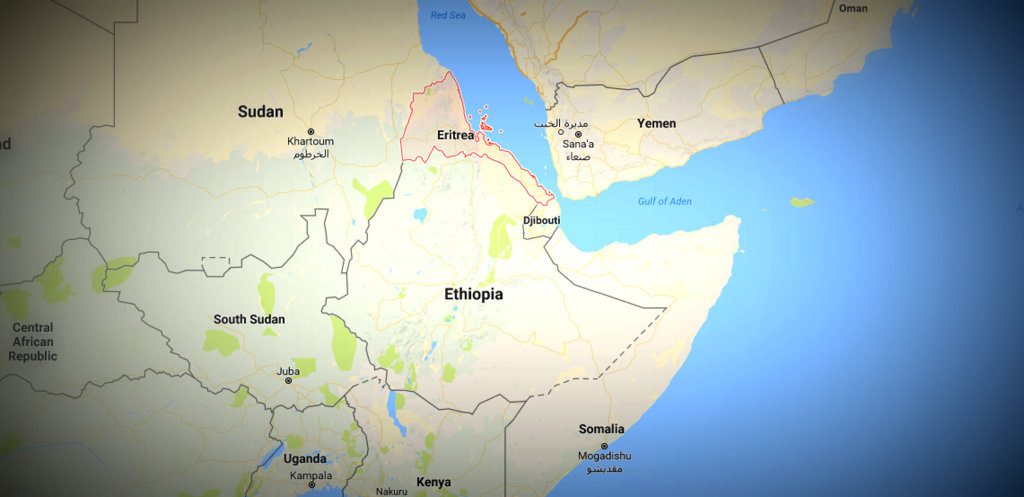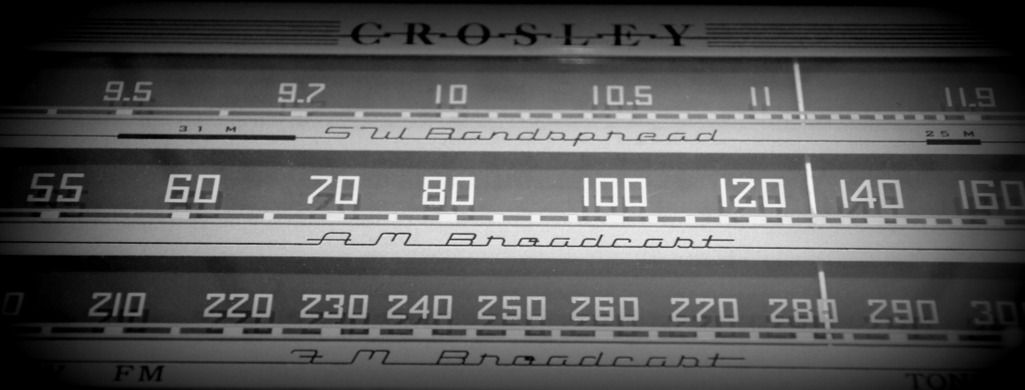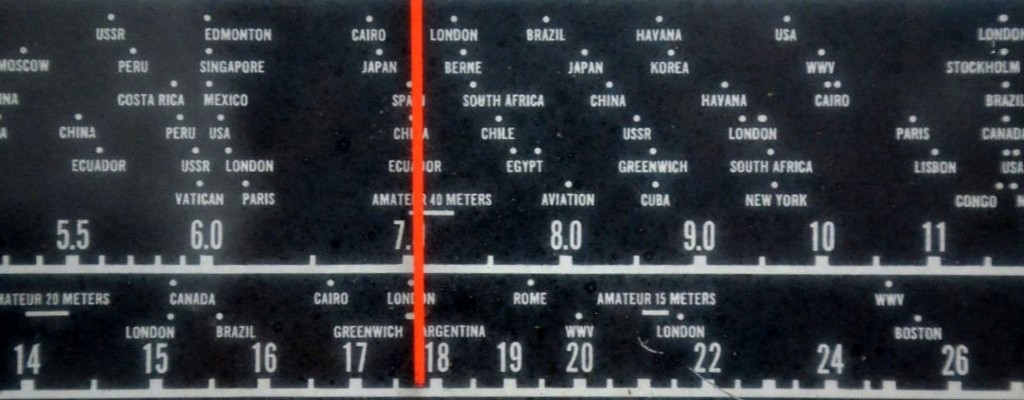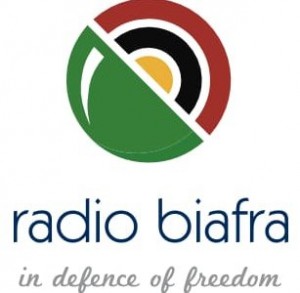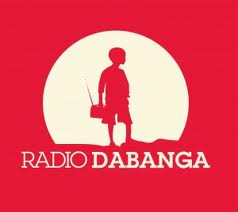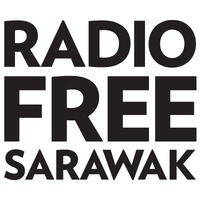(Source: Open Democracy)
Eritrean radio station Radio Erena provides a voice for the voiceless
Broadcasting from Paris, Fathi Osman’s Radio Erena challenges the government’s monopoly on truth and champions those who gave their lives for freedom of expression.
Last night turned out to mark a double-celebration for Eritrean journalist Fathi Osman. While the father-of-four nearly let his 51st birthday slip by unnoticed, he certainly couldn’t play down his radio station’s spectacular win at One World Media Awards in London’s BAFTA building.
Radio Erena (‘Our Eritrea’) broadcasts from Paris, where Fathi now lives with his wife and children, having fled the dictatorship five years ago. The station was founded in 2009 by the well-known exiled Eritrean journalist Biniam Simon, with support from Reporters Without Borders. The goal? To offer a lifeline of independent news, information and entertainment for Eritreans both in their homeland and worldwide.
As Fathi held out his hand to shake mine, he noticed his fingers were stained inky blue. “Ah, you can tell I’m a writer,” he observed with a smile. Currently Radio Erena’s Assistant Project Manager, in the past Fathi worked variously as a journalist and diplomat before he left the Eritrean embassy in Riyadh to seek safety in France. “I had developed ideas that the government did not accept,” he explained, “and you know, with these kinds of conflicts, in the end you will meet trouble.”
Fathi’s family was among more than 4,000 Eritreans who flee each month. And is it any wonder, given the UN June 2016 report that the regime has been responsible for crimes against humanity since 1991? Known globally as a predator of press freedom, President Isaias Afewerki has led Eritrea to be ranked consistently as the very lowest of 180 countries in Reporters Without Borders’ World Press Freedom Index, though in 2017 the regime came second-last as North Korea deteriorated even further.
Afewerki’s purges in September 2001 ended Eritrea’s free press – by now, seven of the 11 journalists arrested at that point have died in detention. This year at least 15 journalists are believed to be detained without charge or trial. Dawit Isaak, a Swedish-Eritrean citizen who had returned to Eritrea to open Setit – the first independent newspaper there, has not once talked to a lawyer in 16 years of imprisonment. His fate is unclear.
Far from having deterred the four journalists based in Radio Erena’s newsroom (as well as their 25 or so correspondents worldwide), these appalling abuses have driven them to pour every effort into remedying the crackdown. The station broadcasts in Tigrinya and Arabic by satellite and short wave – and is available online or via a mobile phone app.
“Within the whole of Eritrea there’s only one radio station, one newspaper,” Fathi explained. “That means the ‘truth’ is dominated by the government. Radio Erena is working to counter that. We do everything, from exposing news that the government doesn’t want people to know, to hosting shows for singers and writers – and raising awareness of human rights is very important to us.”[…]
Continue reading the full article on Open Democracy’s website.
Note: Radio Erena can be heard on 11,965 kHz between 1700-1800 UTC. They broadcast from Kostinbrod in Sofia, Bulgaria with 50 KW.

